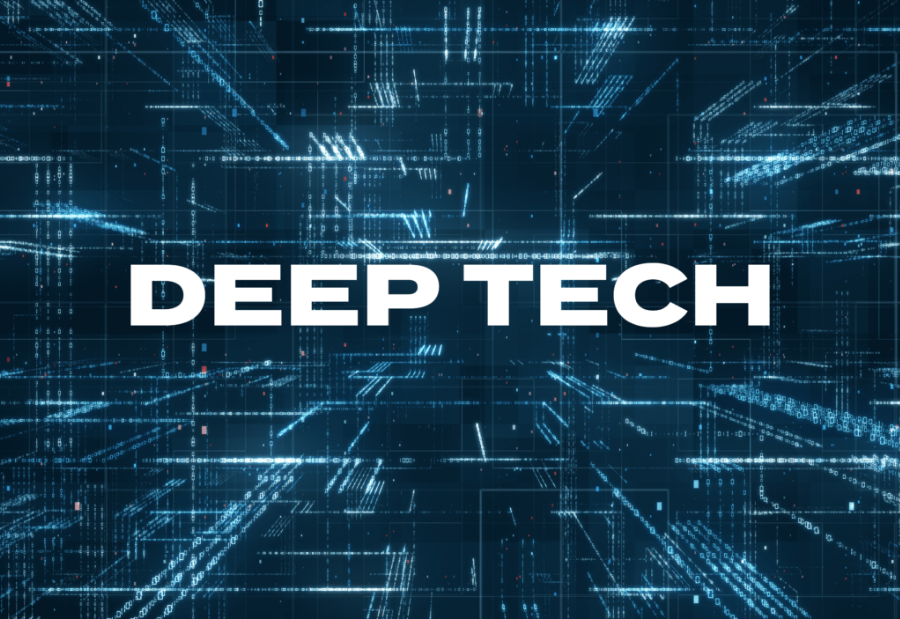Description

Copyright infringement not intended
Context: The draft National Deep Tech Startup Policy (NDTSP) was released by the office of the Principal Scientific Adviser to the Government for public feedback. The policy aims to “ensure India’s position in the global deep tech value chain,” in domains such as semiconductors, Artificial Intelligence (AI) and space tech.
Details
- The draft policy highlights the need to support deep tech start-ups, which focus on solving fundamental and technical challenges, unlike firms that leverage technology with innovative business models. The policy also identifies ways to provide funding to deep tech start-ups at crucial stages, such as before they launch their products or ideas in the market.
- It aims to strengthen India's position in the global deep tech value chain, focusing on areas such as semiconductors, Artificial Intelligence (AI), and space tech. The policy specifically targets deep tech start-ups that work on fundamental and technical problems, unlike those that focus solely on monetizing technology through business models.
Key highlights of the NDTSP include:
- Bolstering Research and Development: The policy seeks to support research and development activities in deep tech start-ups to foster innovation and technological advancements.
- Financing Support: The policy aims to provide financing assistance to deep tech start-ups at critical stages, such as before they launch their products or ideas into the market.
- Simplifying Intellectual Property Regime: The policy proposes to streamline the intellectual property regime for deep tech start-ups, making it easier for them to protect their innovations and inventions.
- Easing Regulatory Requirements: The NDTSP suggests measures to ease regulatory burdens for deep tech start-ups, enabling them to navigate administrative processes more efficiently.
- Promotion Measures: The policy suggests the creation of an Export Promotion Board to facilitate the entry of Indian deep tech start-ups into foreign markets and encourages the inclusion of provisions for market access in foreign trade agreements.
- Attracting Global Talent: The policy includes resource-intensive approaches to attract international talent, providing networking opportunities and incentives for experts interested in contributing to India's deep tech ecosystem.
- Inter-Ministerial Deep Tech Committee: To address the different aspects of deep tech and its supply chains that fall under various ministries, the policy recommends the creation of an "Inter-Ministerial Deep Tech Committee" to review and coordinate the requirements for a thriving deep tech ecosystem.
- International Engagement: The policy emphasizes the need for a coordinated and comprehensive approach to engaging with international partners and multilateral institutions to safeguard India's interests in deep tech development and manufacturing.

Conclusion
- Overall, the NDTSP aims to foster a vibrant ecosystem for deep tech start-ups in India, promoting innovation, technological advancements, and international collaboration to ensure India's competitiveness in the global deep tech landscape.
|
PRACTICE QUESTION
Q. With technology advancing at an unprecedented pace, why is it imperative to implement comprehensive regulation and monitoring systems that consider both the profound impact of evolving technology on society and the potential challenges in governance? Furthermore, what strategies can be adopted to pave the way forward towards responsible and beneficial technological progress?
|
https://epaper.thehindu.com/ccidist-ws/th/th_delhi/issues/45929/OPS/G6MBICP3V.1.png?cropFromPage=true
















